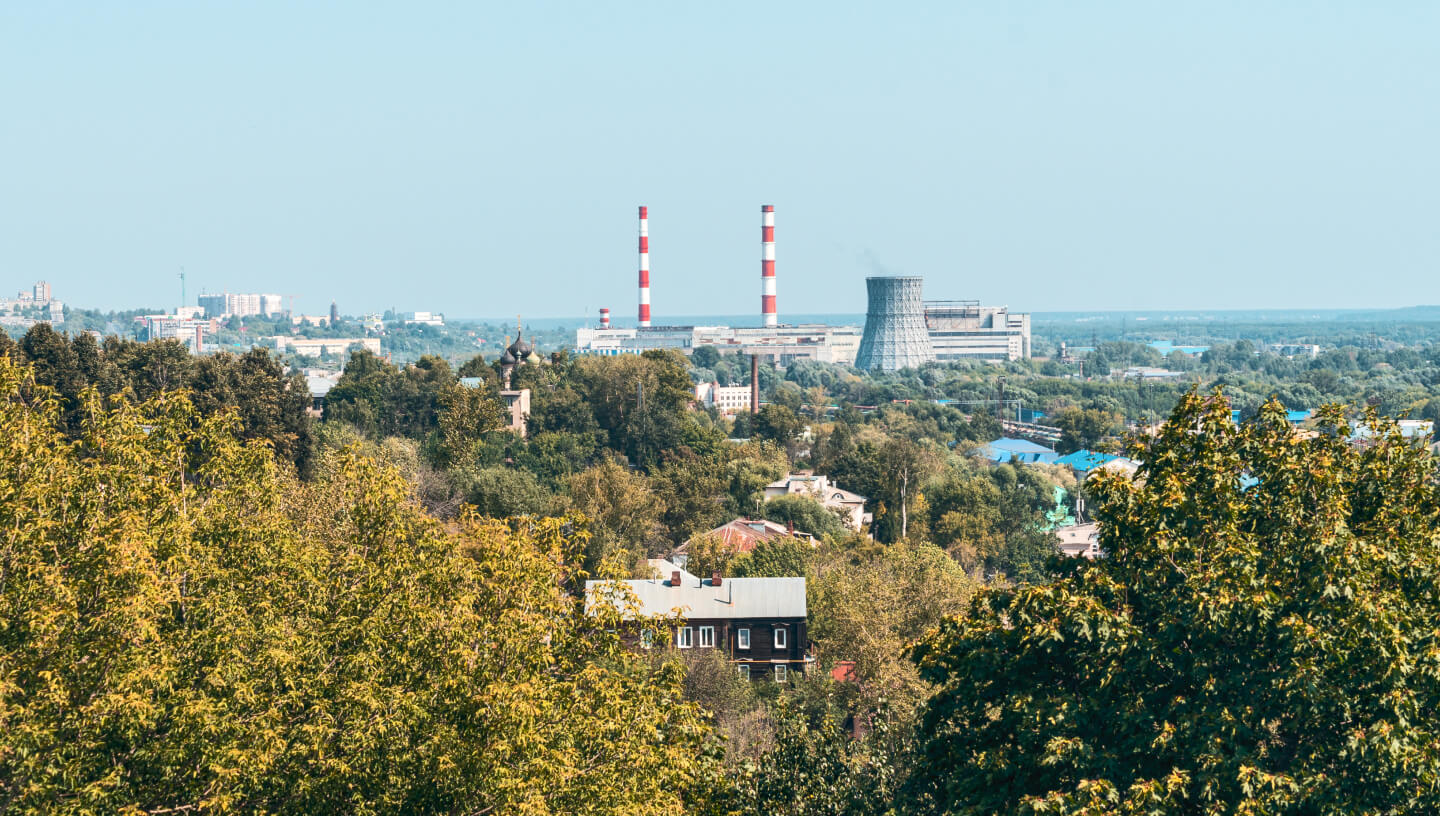 Photo by: Drablenkov / iStock
Photo by: Drablenkov / iStock
Urban science plays a huge role in sustainable development issues. Firstly, the sustainable development of cities and other human settlements is one of the Sustainable Development Goals (Goal 11). Accordingly, cities must meet certain criteria in terms of air quality, water quality, and waste minimisation.
Secondly, it has recently become clear in Russia and globally that not only planting trees or taking care of birds, but also human health issues play an important role in solving environmental problems. The World Health Organisation’s dramatic statistics for China are very telling, showing that residents of megacities there live about five years less than in “clean” cities. This is a tragic price to pay for economic progress, prosperity and life in megacities.
Right now, the Chinese economy is based on burning coal, which leads to air pollution. This is a simple example that shows what sustainable development in cities is all about. Without it, the economic, social and environmental aspects cannot be balanced.
For Russia, health is also quite an issue, especially in cities in Siberia and the Far East where the coal component is high. It is often said that switching from coal to gas is expensive. But if one introduces the value of human life into calculations of sustainable development, the issue already looks very different. It is not possible to analyse energy sector development without calculating environmental and social damage, because this seriously changes the picture of urban life.
Another very interesting problem has to do with the quasi-market of clean nature and environment in cities. Studies show that people are willing to pay more for flats in cleaner areas. A good example is Moscow, where housing is 20–30% more expensive in the western and southwestern parts of the city than in the east and south-east, where the landfills are. That is, there is no classic market for a ’clean’ environment, but the population is willing to pay extra for ecology.
Cover photo: iStock








Comments